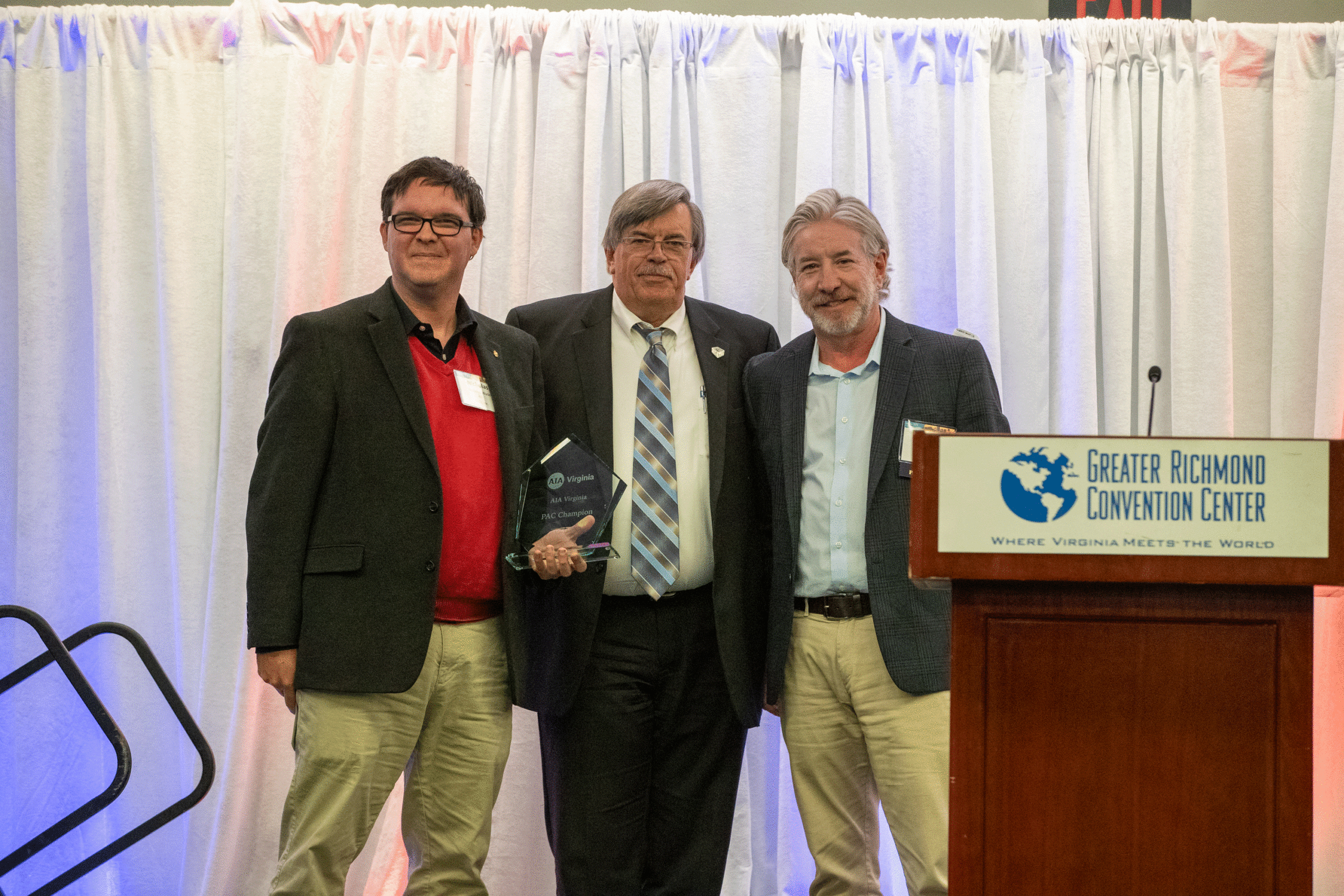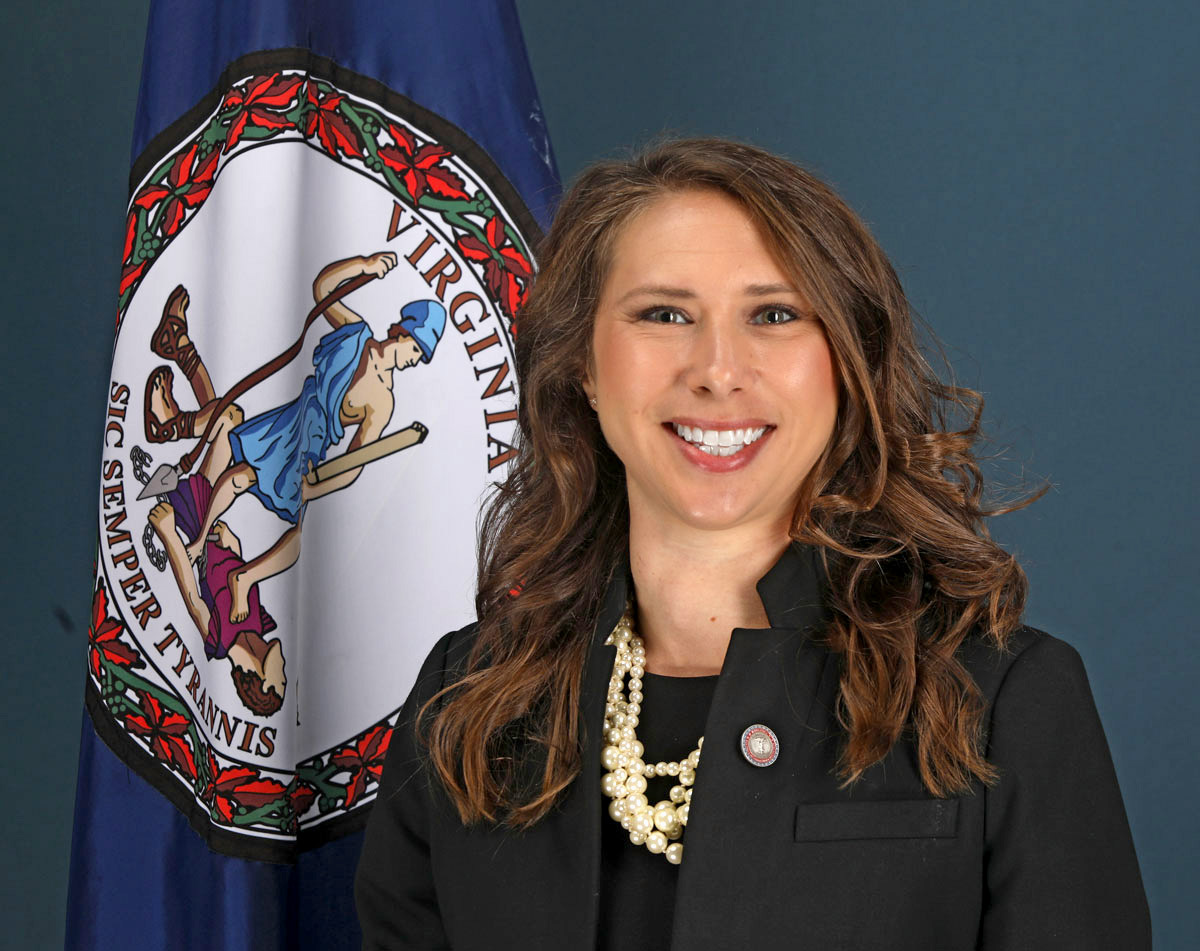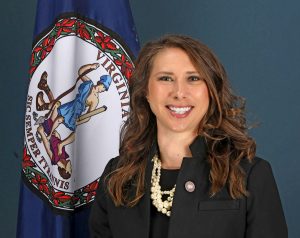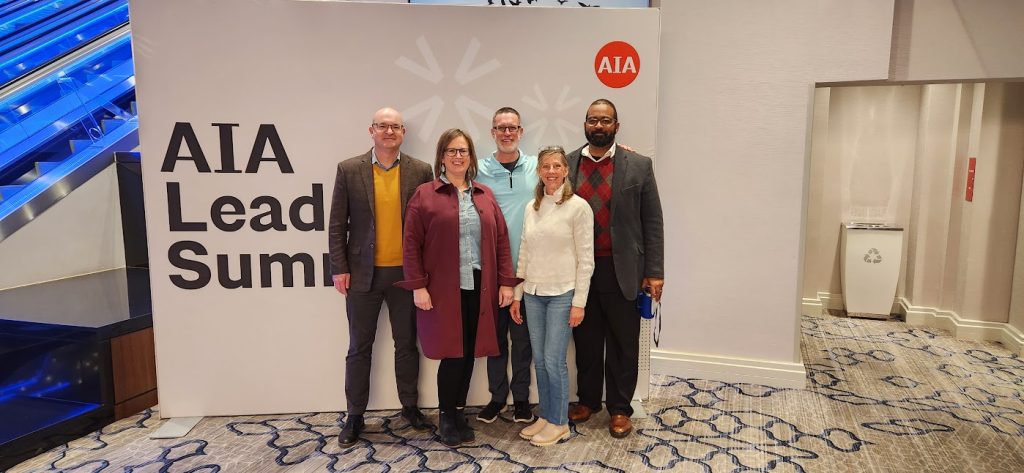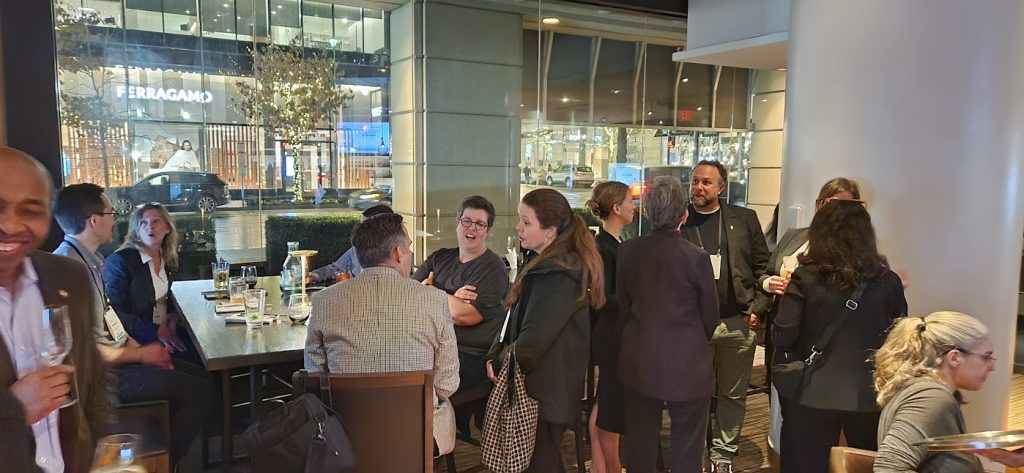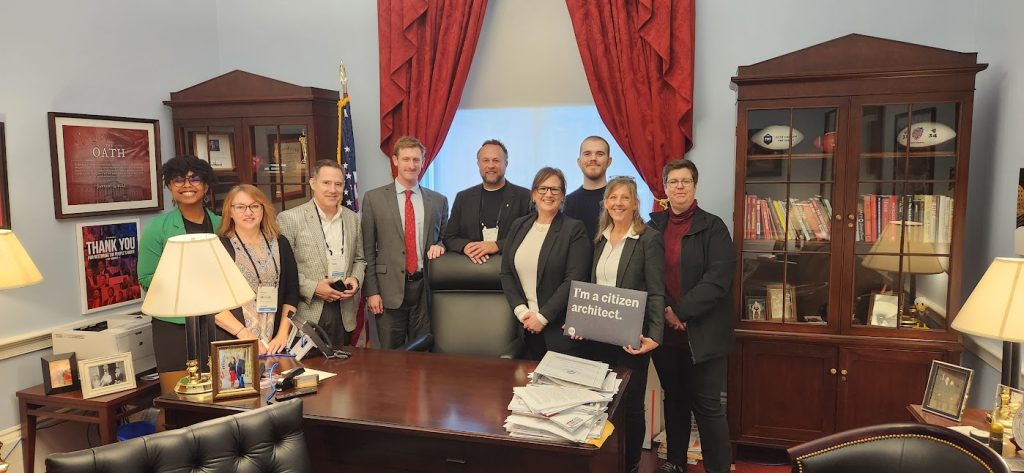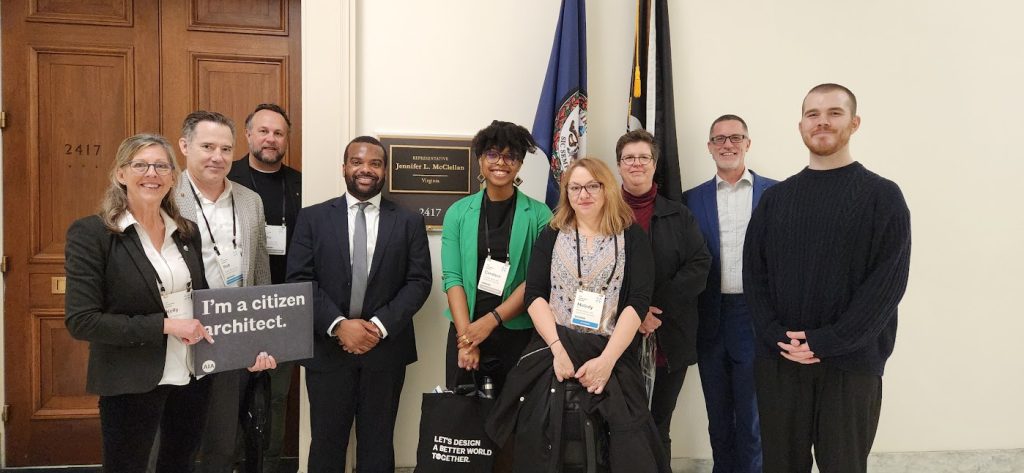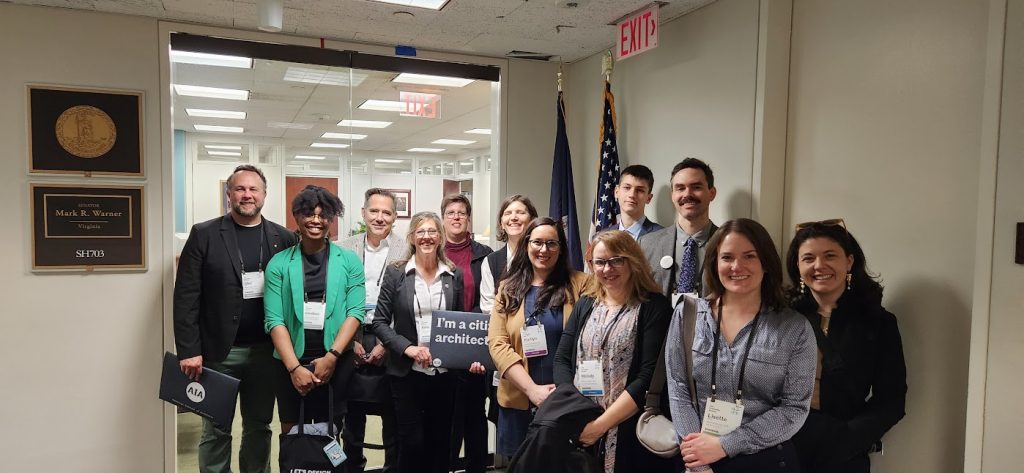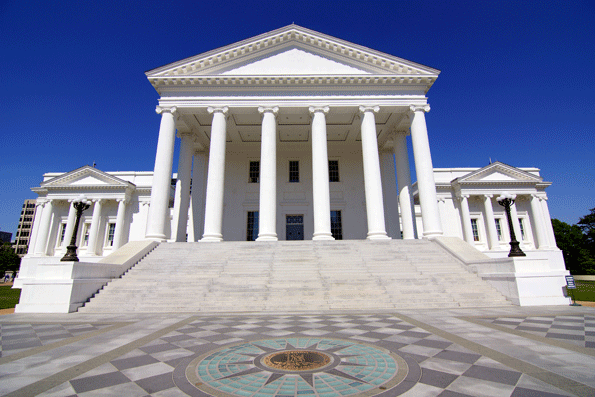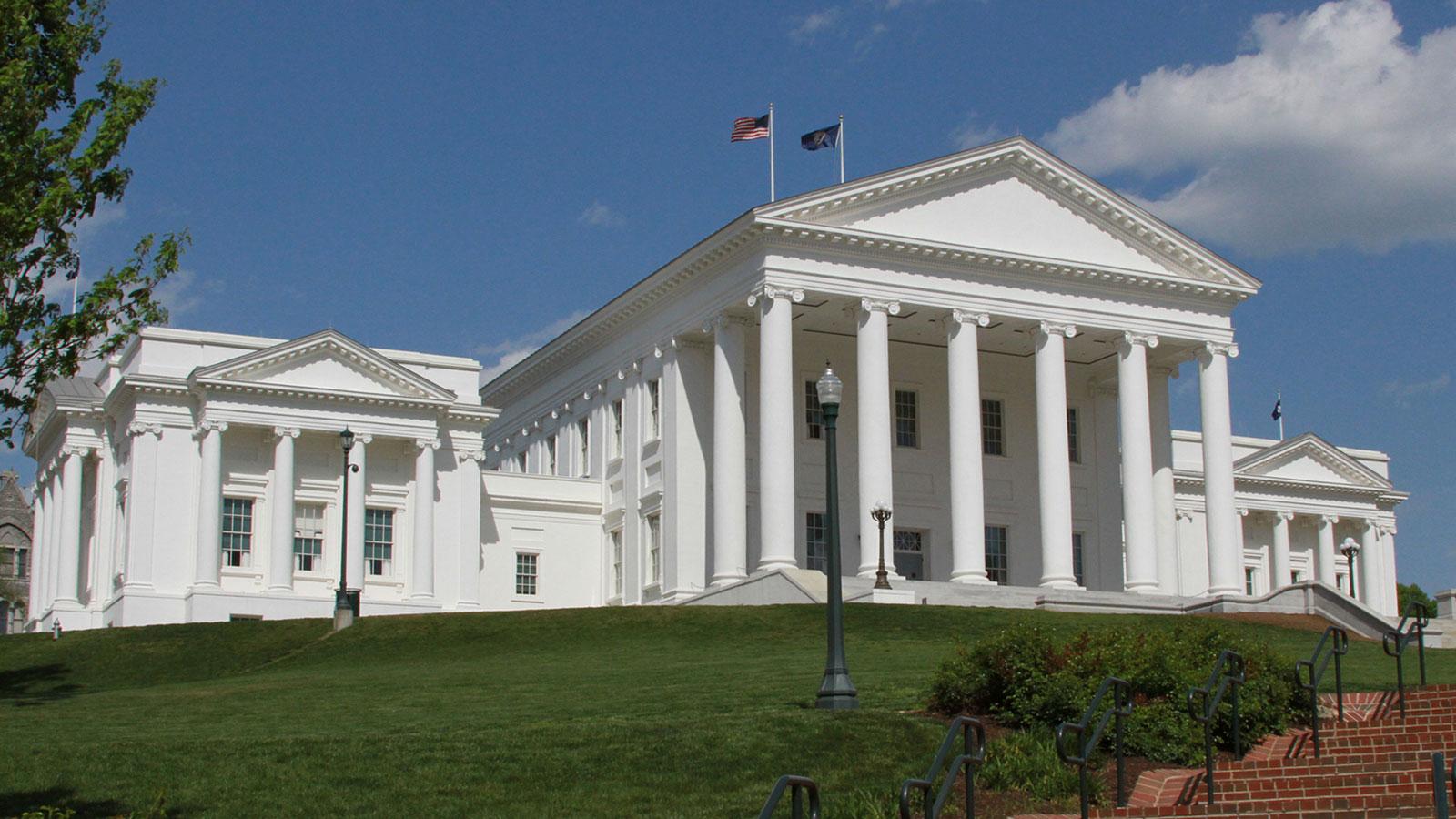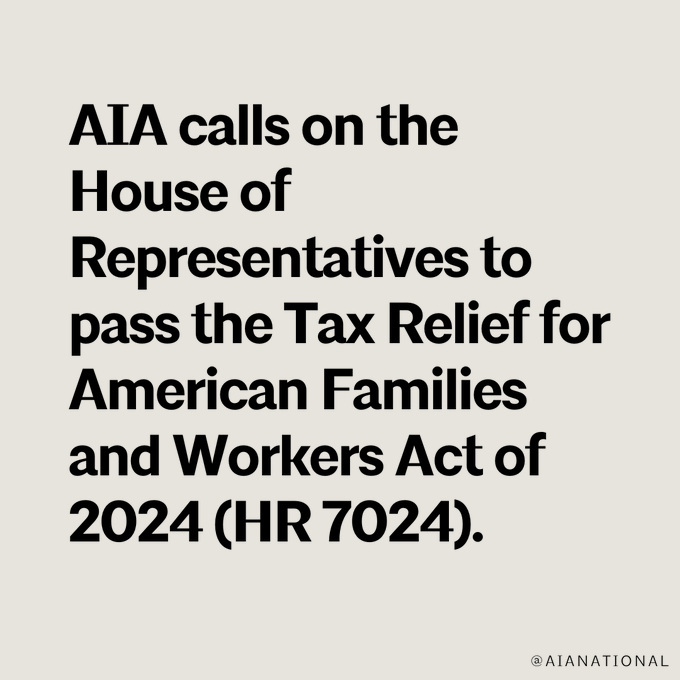Two urgent dates concerning AIA members are approaching. The first is March 22nd when the Congress must pass a second round of appropriations bills to fund the government and avoid a partial government shutdown. The second is April 15th when federal income tax filings are due.
These two dates are important for action on HR 7024, the Tax Relief for American Families and Workers Act of 2024. This bill can either be added to the government funding bills being considered this week or brought up for a stand-alone vote in the United States Senate. Either result will head to the President, become law, and the IRS can begin to enact its provisions to benefit architects.
AIA National is organizing a call-in campaign to urge the Senate to move forward and pass the bill without further delay. On Wednesday, March 20th, we are asking you to call your Senators and let them know you support the R&D and LIHTC provisions in the bill, briefly explain why these provisions are important to you, ask them to urge their leadership to bring the bill up for a vote, and ask them to vote in favor of the bill without amendments.
Sample Call Script:
Hello, my name is _____ and I am an architect in your state and a member of The American Institute of Architects. May I please speak to the staff person who handles HR 7024, the R&D tax bill, for the Senator?
When referred to staffer:
Intro:
Reintroduce yourself to the staffer. I am calling today to ask Senator _____ to support HR 7024.
Brief Talking Points:
There are over 19,000 small, medium, and large architecture firms throughout the US. These businesses employ more than 200,000 individuals. Architects have a professional responsibility to protect the health, safety, and welfare of the public. Investments in research and development are central to the day-to-day work of architects and drive local, regional, and national economies. AIA supports business-friendly tax policies that encourage investment in research and development, incentivize private-sector affordable housing, and ensure tax parity between large and small businesses. If Congress does not enact the Tax Relief for American Families and Workers Act of 2024 (HR 7024), architecture firms of all sizes will be harmed. Firms will continue to be subject to unfair financial burdens that will result in job losses, firm closures, or restrict their ability to innovate, grow, and attract new talent.
Ask:
As an architect in your state and a member of AIA, I am asking the Senator to urge Senate Leadership (Senator Schumer and Senator McConnell) to bring the bill to the floor for a vote and for the Senator to vote in favor of HR 7024 without amendments that would delay the enactment of this bill. Does the Senator have a position on this bill? [Note and share the response with GovAffs@aia.org.]
Closing:
Thank you for your time and consideration of this important bill for architects in your state.
Background
There are over 19,000 small, medium, and large architecture firms throughout the US. These businesses employ more than 200,000 individuals. Architects have a professional responsibility to protect the health, safety, and welfare of the public. Investments in research and development are central to the day-to-day work of architects and drive local, regional, and national economies. AIA supports business-friendly tax policies that encourage investment in research and development, incentivize private-sector affordable housing, and ensure tax parity between large and small businesses. If Congress does not enact the Tax Relief for American Families and Workers Act of 2024 (HR 7024), architecture firms of all sizes will face undue restrictions on their ability to innovate, grow, and attract new talent.
Key Provisions to Expire in 2025
Research & Development Tax Credit
The 2017 Tax Cuts and Jobs Act (TCJA) requires businesses to amortize R&D costs over 5 or 15 years for domestic and international expenses, respectively. Prior to 2022, these expenses were fully deducted in the year they were incurred. Amortization adversely impacts businesses by increasing costs, negatively impacting employee retention, and new job creation, and limiting future investment in research and development. AIA supports HR 7024 changes that allow tax deductions of R&D expenses in the year incurred.
Low-Income Housing Tax Credit
LIHTC is the largest provider of new affordable housing in the United States, with over 2 million total units created and more than 110,000 affordable rental units constructed annually since its establishment in 1986. Congress sets a limit on the amount of LIHTC that can be allocated to states based on a per-capita formula. HR 7024 restores the 12.5% increase over this base allocation for 2023-2025 and lowers the tax-exempt bond financing requirement. AIA supports these changes which will fund more affordable housing developments.
Please let the Federal Affairs team know if you have any questions by reaching out to GovAffs@aia.org.
Thank you,
Federal Affairs Team

